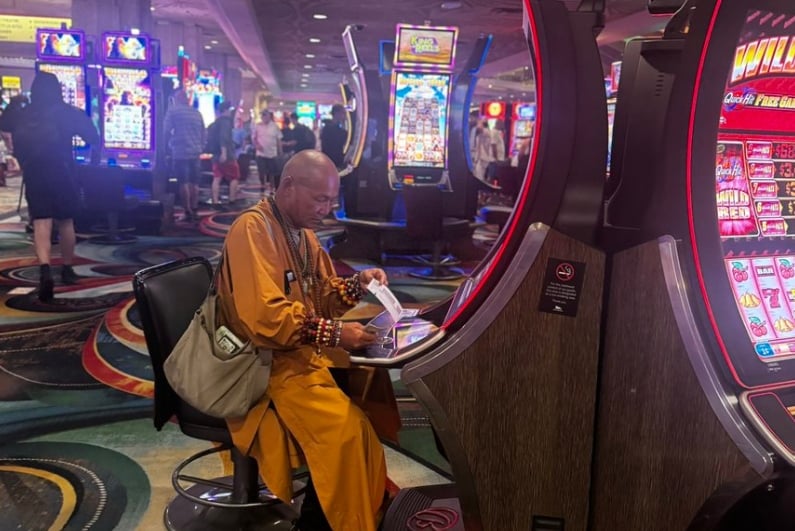
Top News Stories
Casino News
Crime
Most viewed articles
- One Big Beautiful Bill? More Like One Big Beautiful Tax Bill
- FanDuel Changes T&Cs After Tipster’s $11 MLB Parlay Wins $2.2m for Subscribers
- The WSOP Is Still Able to Create Magic Moments
- Xposed Denied Comped Smoothie at Resorts World While Playing $25,000 Blackjack Hands
- Dara O’Kearney: Tales From the WSOP 2025 Part 4
- UK Man Wins £24k on £2 Bet Playing Online Slots in the Airport Before Going to Ibiza
- Thailand’s Casino Dream Fades as Prime Minister Suspended
- Hard Rock Bet Mistakenly Pays Out $1.76m to Trivia Game Players
- Storm Season Hits Las Vegas As Over 35,000 Left Without Power
- Great Canadian Casino Hit With $350k Fine After DJ Party Causes Mayhem

















